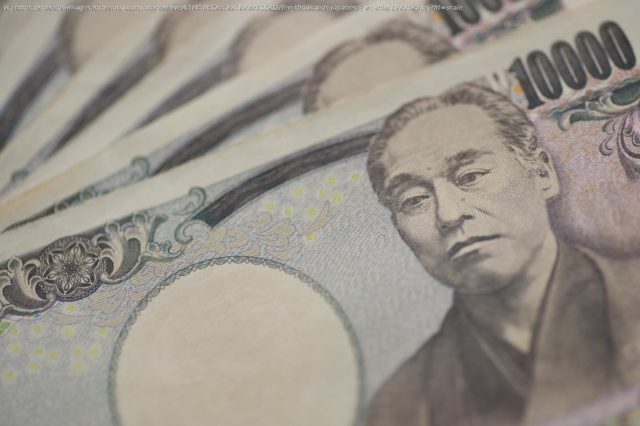A rising yen could counter the headwinds zooming China’s way.
As the Bank of Japan mulls its biggest policy pivot in roughly 25 years, no major economy may benefit more than China.
Here, readers may be thinking “Huh?” on two levels.
First, it’s true that Japan tried to get interest rates away from zero in 2006. That was seven years after it became the very first major economy ever to give zero a try, and about five years after the BOJ pioneered quantitative easing.
Yet that attempt to normalize rates failed. By 2008, Japan’s central bank was pushing rates back down to zero. This time, the enterprise is infinitely more daunting and dangerous given how much further the BOJ has ventured down the QE rabbit hole, particularly since 2013.
That was the year then-Prime Minister Shinzo Abe hired Haruhiko Kuroda to lead the charge as BOJ governor. Within five years, the BOJ’s balance sheet topped the size of Japan’s entire $4.7 trillion economy.
Today, withdrawing the BOJ’s role as top investment “whale” in both bonds and stocks without unleashing global chaos will be easier said than done. In fact, it will be nothing short of a shock to the global system. Any surge in government bond yields would make it harder for Tokyo to service the developed world’s biggest debt burden.
The second issue—why China might love a BOJ tightening move—concerns the yen. It would surge if current BOJ leader Kazuo Ueda pulls the plug at the March 18-19 board meeting—perhaps sharply.
Of course, sudden yen moves have a knack for shoulder-checking global markets.






